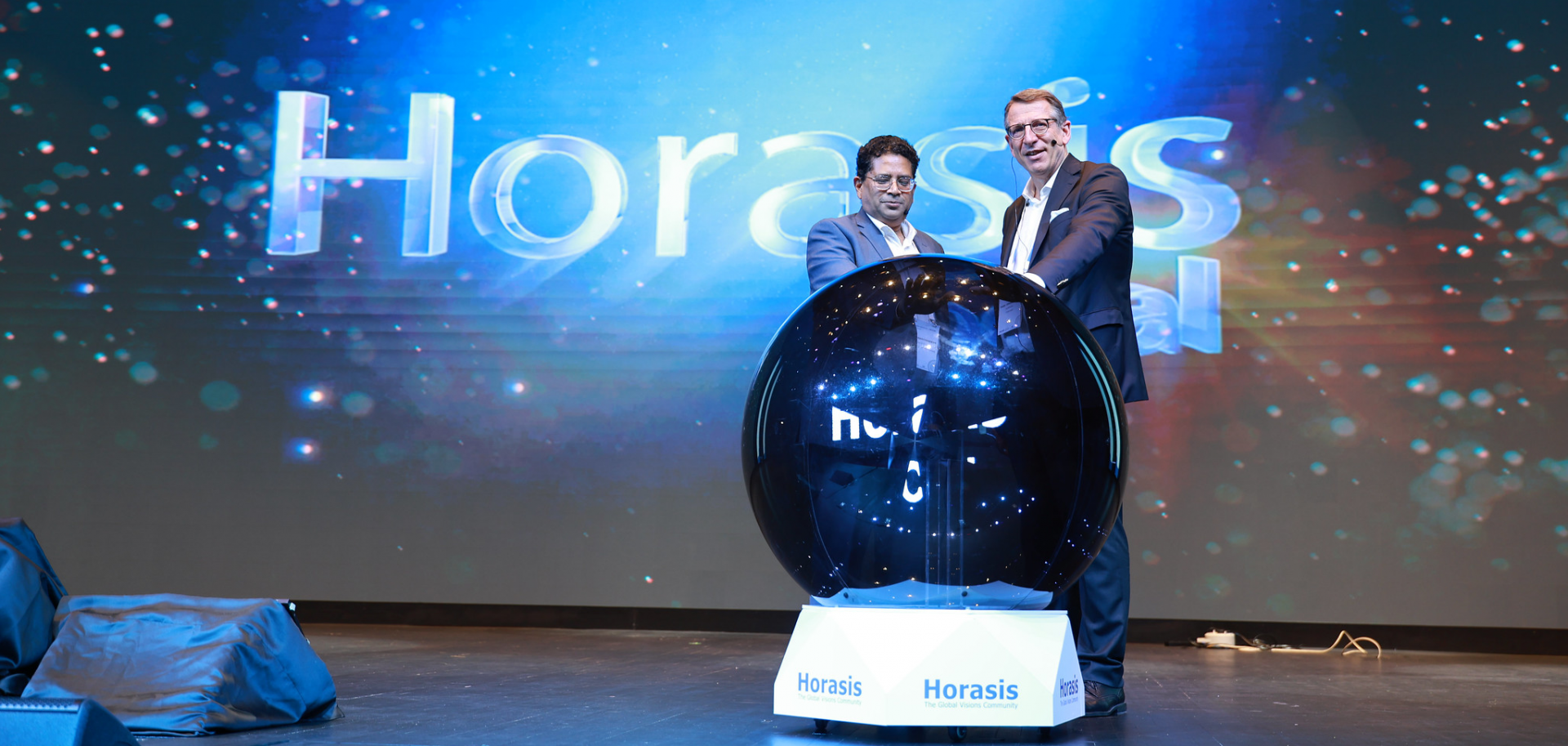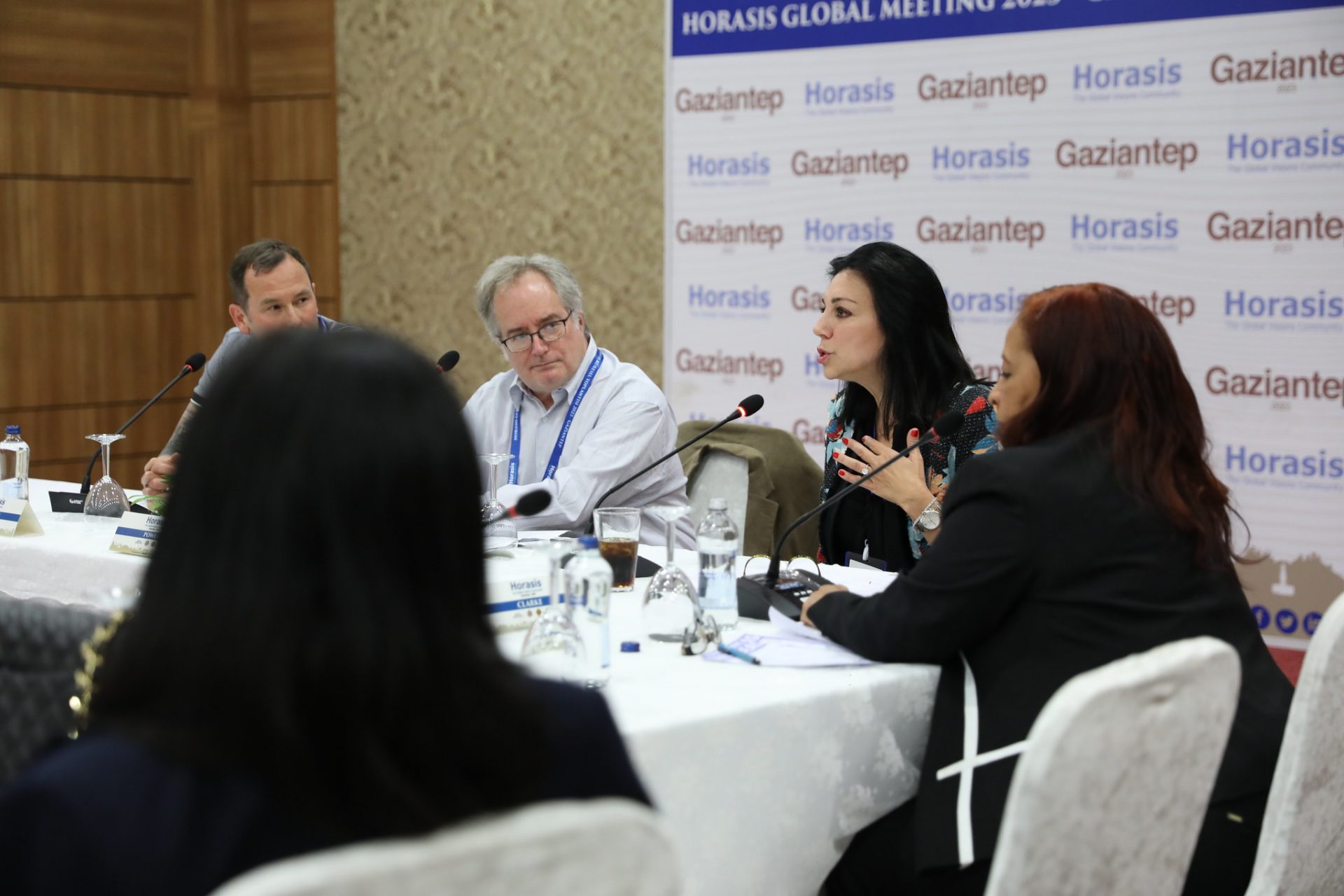The Mother of All Challenges
“The man who moves a mountain begins by carrying small stones.” — Confucius
What is the most important and perhaps the most complex of all the challenges humanity faces? The proliferation of weapons of mass destruction, cybersecurity, misinformation, AI, poverty, or the environmental crisis? I believe it’s none of these.
It’s hard to ignore that, at some point, somewhere, a nuclear weapon will end up being used. In 1962, the Cuban Missile Crisis occurred when the Soviet Union installed nuclear missiles on the island, nearly leading to the first—and perhaps last—nuclear war. In 1983, Soviet officer Stanislav Petrov avoided a nuclear conflict by recognizing a false alert of U.S. missile attacks caused by a malfunction in the Soviet detection system. COVID-19, possibly originating from a research lab, illustrates what human error could cause on a global level. It takes just one mistake, negligence, or ill intent.
Alarming scenarios can also occur with cyberattacks. Democracies seem to be disintegrating in the face of misinformation, and conscious AI is no longer a science fiction topic, while its misuse fuels the imagination of futurists, military strategists, and terrorists. With China’s rise, democracy is no longer the sole synonym for economic enrichment, and the environmental issue could cost around $200 trillion by 2050.
But what do all these challenges have in common? Without diminishing the magnitude of these difficulties, which afflict and will afflict humanity perhaps for the rest of our history on Earth, our greatest challenge, in my opinion, is human nature—in short, the greed of our species.
Unfortunately, a mix of circumstances with human DNA has managed to create psychopaths like Adolf Hitler, Joseph Stalin, and Mao Zedong, whose regimes were responsible for genocides and millions of deaths. In the present day, dictators like Kim Jong-un, Bashar al-Assad, and Nicolás Maduro perpetuate authoritarianism, repressing their people and maintaining power through force and manipulation.
The issue is that we need to solve existential problems for humanity while dealing with the imperfections of our own species.
After all, lying, cheating, exploiting, and harboring envy are manifestations of human nature that ultimately fuel the greatest global challenges. These feelings and actions erode trust and cooperation, undermining any collective effort to tackle problems like the proliferation of weapons of mass destruction, global warming, poverty, and even the uncontrolled advancement of technologies like AI. Greed, by prioritizing self-benefit or that of a small elite at the expense of the common good, makes it harder to find sustainable solutions, deepening divisions and exacerbating risks that threaten humanity’s survival.
Moreover, we need to find a balanced solution between laissez-faire on one hand and the Chinese Communist Party (CCP) on the other, since the absence of freedom is tyranny, which is also part of the problem. But how much regulation is too much? How do we differentiate good regulation from bad? The Founding Fathers of the United States understood this when they created the system of checks and balances, but we must ask: Is that enough? I believe not.
Another challenge is the distribution of information. That is, even if we can list universal values for the planet’s viability, how do we influence the behavior of 8 billion people? How do we convince governments and institutions that we are right and that these values must be taught? How do we resist retaliation? After all, no matter how good any set of values may be, it won’t be an instant or perfect solution, but merely a better alternative than many others.
In the U.S., the Federalists, led by Alexander Hamilton, James Madison, and John Jay, wrote the “Federalist Papers,” defending the new Constitution and explaining how the separation of powers and the system of checks and balances would prevent abuses. The inclusion of the Bill of Rights, which would guarantee individual liberties like freedom of speech and the right to due process, was an essential concession to overcome resistance and secure ratification in the more hesitant states.
I repeatedly wonder if the constitutions in current democracies are truly sufficient to provide a balanced social, legal, and political framework in the face of the complex challenges we face today. Does the governmental structure help or hinder the search for solutions? Does it accelerate or delay decision-making processes? Furthermore, how do we deal with non-democratic states or those lacking execution capacity? And how do we confront the inevitable conflicts of interest that arise along the way? These questions raise doubts about the effectiveness of constitutions in adapting to contemporary demands before it’s too late.
My perception is that something is missing in current structures. First, there’s no clear definition of national and global objectives. Many of the goals set by the UN, such as the Sustainable Development Goals (SDGs), are not binding and lack automatic sanctions or penalties if implementation fails—in other words, they are mere suggestions. Second, constitutions do not recognize these possible objectives. How many constitutions are clear about balancing human activities with environmental sustainability? Isn’t this as important as human rights? After all, there will be no human rights without a habitable planet.
In my view, current constitutions fail to incorporate the concept of planetary and national goals clearly, as well as the measurement process. They also lack adequate representation of various population groups and do not promote knowledge diversity in public policy formulation (group your congress by professions and see what you get). Additionally, constitutions do not confer a special status to the scientific method as a fundamental tool for distinguishing truth from everything else. This gap negatively affects the entire process of law-making and judgment, contributing to public frustration. As a result, people begin to lose trust in democratic mechanisms and turn to populist candidates who promise miraculous solutions.
Another problem is the lack of humility in current systems. Federal laws often ignore the specific realities of certain cities or regions because they cannot fully understand the local impact. This reveals a flaw in decentralization of power. We need more controlled experiments to test what works and what doesn’t in different contexts, recognizing that an effective solution in one region may not be suitable for another due to its geographical, social, economic, and cultural particularities.
Current mechanisms fail to filter out incompetent and corrupt individuals from the system. Politicians can remain at the abstract level of narratives without being concrete or pragmatic, without any commitment to results. Political renewal is not intrinsic to the system—this becomes more serious as we live longer.
The creation of Genesis Oriented Democracy, or G.O.D., is an attempt to spark a debate about how the constitution of the future should be, considering all the challenges we know, all the data we have access to, all scientific research and its results, experience in private and public management, and knowledge of what has worked and failed. The premise is that a better governmental system is essential to tackle national and planetary challenges—in other words, without a better governmental system, we won’t be able to address the challenges that await us in time. This same premise must also undergo scrutiny.
We need to convene a new Constitutional Convention to reimagine the democratic system. Topics like racism, LGBTQ+ rights, reproductive rights, gun control, social justice, freedom of expression versus hate speech, religion and politics, drugs, among many other issues, are symptoms of the current system, while a new republic’s mechanics are largely the solution.
The Founding Fathers created the system of checks and balances to prevent tyrannies, but in recent years, many believe it has been corrupted. Now, it’s essential not only to restore it but also to enhance it, incorporating 236 years of learning while adapting it to the challenges of our time.



